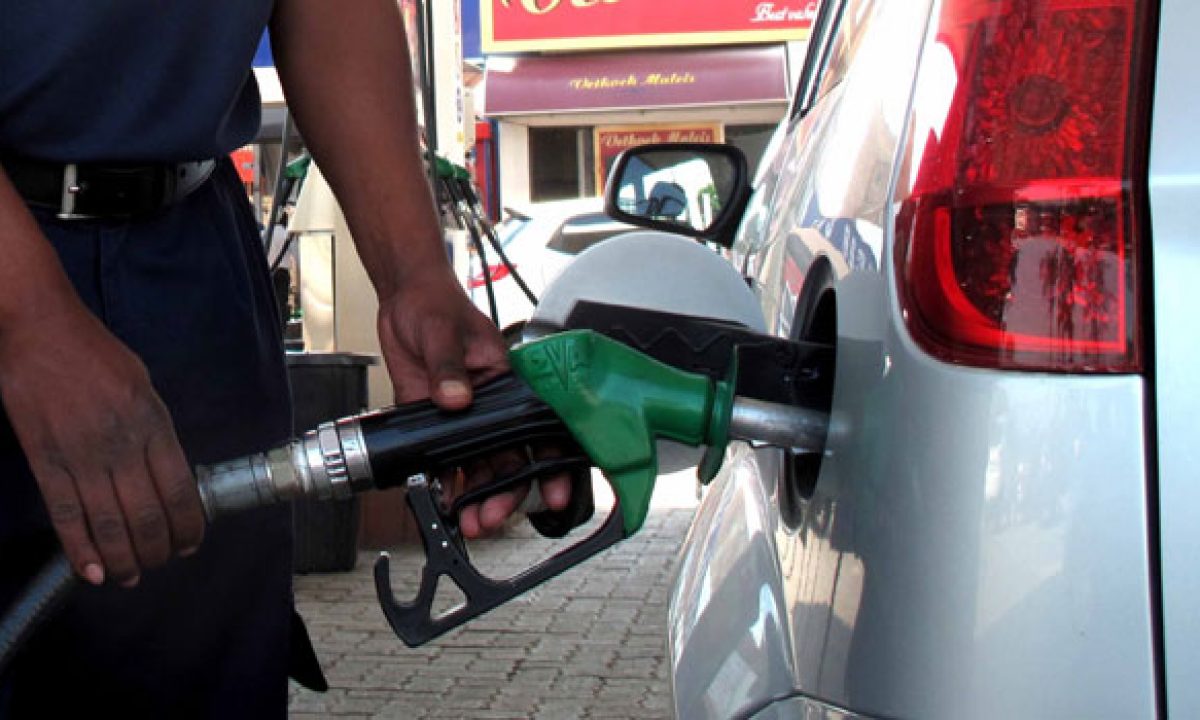Nairobi, Kenya - In a landmark decision at the National Assembly today, 184 Kenyan Members of Parliament (MPs) voted in favor of doubling the Value Added Tax (VAT) on fuel, as a key clause proposing an increase from 8% to 16% successfully passed during the heated Finance Bill 2023 debate.
The decision, which is expected to have far-reaching implications for Kenyan citizens, emerged as a highly contentious issue during the parliamentary proceedings. The Finance Bill 2023, an important piece of legislation aimed at outlining the government's fiscal policies and revenue-generation strategies, became the battleground for an intense debate surrounding the VAT hike.
Supporters of the clause argued that the increased VAT on fuel was crucial to bolstering government revenues and addressing the country's pressing economic challenges. They claimed that the additional revenue generated from the tax hike would be directed towards funding vital public infrastructure projects, improving public services, and reducing the national budget deficit.
However, critics of the move expressed strong reservations about the potential negative impact on the already burdened citizens. They highlighted concerns about the rising cost of living, particularly for low-income households, as fuel prices have a cascading effect on transportation, food, and other essential commodities. Skeptics argued that the proposed VAT hike would exacerbate inflationary pressures, leading to a heavier financial burden on the average Kenyan.
Despite the heated debates and the vocal opposition, the clause proposing the VAT increase managed to secure an overwhelming majority of votes. The 184 MPs who supported the move emphasized the urgent need for increased revenue to fund the government's ambitious development plans and tackle the nation's socioeconomic challenges.
Following the passage of the clause, the government is expected to take immediate steps to implement the new VAT rate on fuel. The precise timeline for the implementation and any accompanying measures to mitigate the impact on vulnerable segments of society are yet to be announced.
The decision to double the VAT on fuel in Kenya will undoubtedly have a ripple effect on the nation's economy and the daily lives of its citizens. As the country adjusts to the new tax regime, stakeholders from various sectors will closely monitor its implications and advocate for measures that ensure equitable distribution of the burden and cushion the most vulnerable sections of society from the potential adverse effects.

